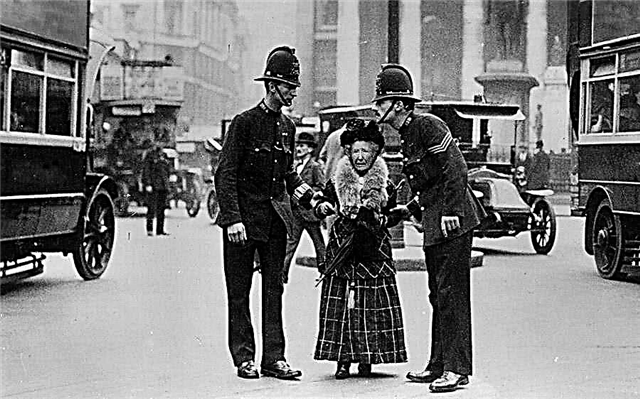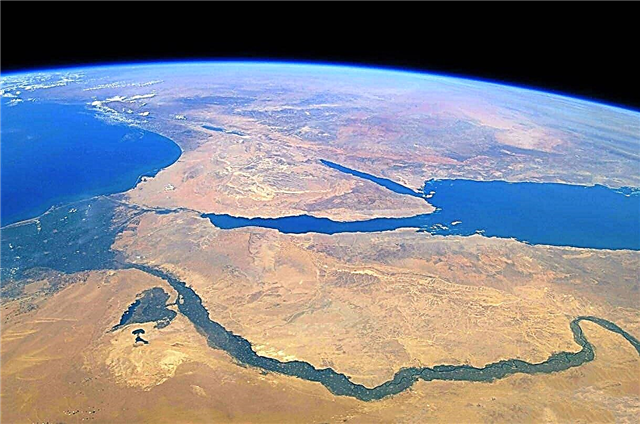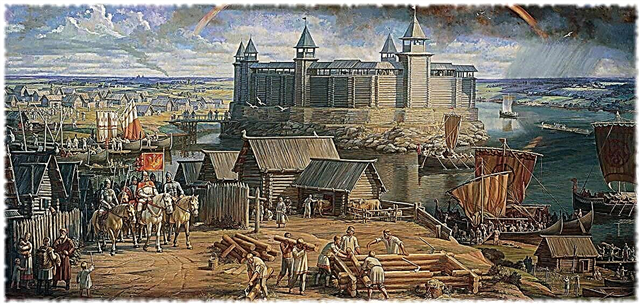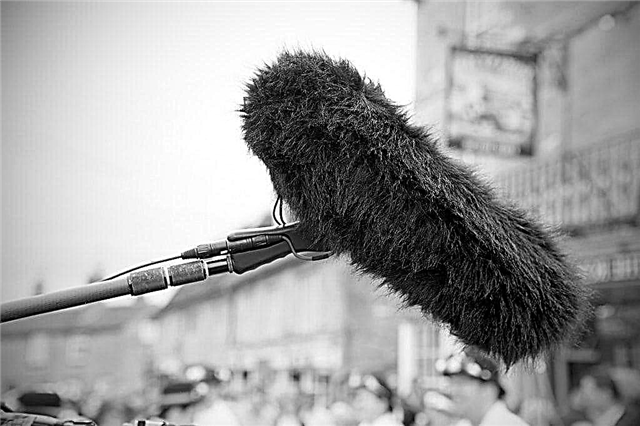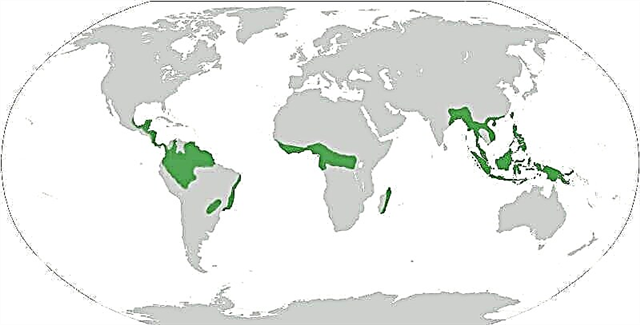
They say that happy people rush home in the evenings with pleasure, and in the morning they can’t wait for the work to begin. Probably, only such optimists rejoice on Monday, because the labor week begins with it.
For others, this day reminds of a long, sometimes monotonous, string of duties. And why Monday is called Monday, not everyone knows for sure. Why is Monday called Monday for different nations?
Origin of monday
The ancient Egyptians had a difficult weekly calendar consisting of a tangled ten-day cycle. The most progressive were the inhabitants of Babylon (BC). They were ahead of their time in science, and the number 7 was considered sacred. He was associated with a seven-day week.
The sages who knew the celestial bodies timed their names to the days of the week, identifying each of the planets as their patrons. The Babylonians were sure that the silver moon rules Monday. Later, their point of view was shared by Europeans, Greeks, Arabs, adopting such a system.
Monday - Moon Day

In many languages, the first day after Sunday is still called the day of the moon (Dies Lunae). Examples are French Lundi, Italian Lunedi, Spanish el Lunes, Romanian Luni. Monday is endowed with a completely different sound in various dialects and dialects of India, China, Japan, Korea, Thailand, Southeast Asia. But the meaning remains the same (day of the moon).The German group of languages used the names of the Anglo-Saxon and Roman gods in the names of the days of the week. So, Monday at Germans Montag, Swedes Mandag, Norwegians Mandag, Finns Maanantai, Dutch Maandag, English Monday. By the way, the latter scientists see a connection with the moon (Moon day), referring to the original Old English Monandaeg, inherited from the North German name of the moon goddess - Mani.
In the preserved old images, her appearance was distinguished by a special robe: a short dress with a hood, in which there were long ears. According to many sources, this is a male deity.
Interesting fact: The word “month” - “month” comes from the word “moon”, because the month corresponds to the duration of the lunar cycle.
Why do Slavs call Monday Monday?
In the days of paganism in the territory of Slavic ancestors, the seven-day cycle was called the “week”. The ancient name is still used by the Bulgarians. And Sunday was under the name "week." Today this word has the same meaning in use among Ukrainians, Czechs, Croats, Belarusians.
Etymologists are convinced that in those distant centuries, Sunday was considered the first, not the last, and was a day off (from “not doing”), freed from routine homework, in connection with the Resurrection of the Lord. This order of priority has been preserved in Japan, Canada, and many US states.
Pre-Slavic sources are seen in the structure of Monday itself. Its composition is clearly divided into two parts: “after not doing”. The system of calculation in order led to this formation of the name of the day following Sunday (nedelja).The suffix “-nick” and further reduction simplified and finalized the word that survived to the present.
In Orthodoxy, the first day of the week has long been dedicated to angels and prayers.
Happy unlucky monday
Monday is associated with many superstitions, prejudices and traditions. For example, it is believed that a wedding cannot be scheduled for this day, otherwise the married life will not last long. The Jews explain this by the fact that God never once said “good,” creating light on this day.
Many are confident in the deliberate failure of important business events scheduled for this day, and try not to start anything new. Others argue that you can not invite anyone to visit on Monday, otherwise there will be no end to the string of visitors.
Astrologers and esotericists believe that the Moon, which patronizes Monday, evokes sensuality in a person, and at the same time melancholy experiences. A frequent proof of this is the depressive lyrics of songwriters on this chaotic day. It is recommended to devote it to household chores and communication with relatives in order to remove the excessive “heaviness” of coloring.
So, there were several traditions of the names of Monday by this name among the ancestors of different peoples. In the Romano-Germanic group of languages, as well as in the East and Asia, the connection with the ancient deities and the patronage of the Moon is reflected. The Slavs used the ordinal method of assigning designations. From the pre-Slavic nedelja (Sunday) arose borndelj, the day “after Sunday”.

